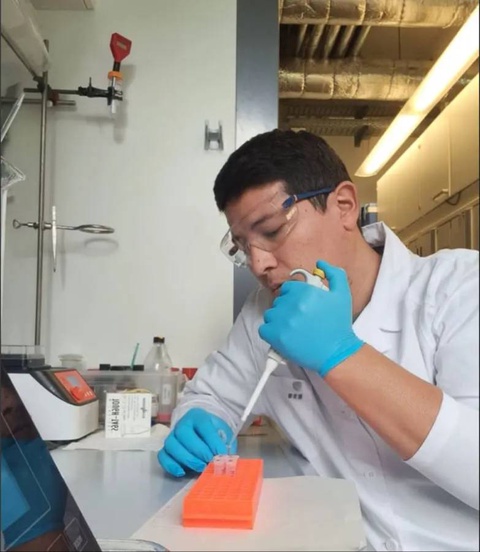Researchers call "zombie viruses" pathogens that were active in the past, but are now frozen, RBC reports.
Among the cases of detection of such viruses, scientists attributed the discovery of a woman's lung sample on the Seward Peninsula in Alaska in 1997, and genomic material of the influenza strain that caused the 1918 pandemic was found in it. In 2012, experts found in the 300-year-old mummified remains of a woman buried in Siberia, genetic signs of the virus that causes smallpox. The outbreak of anthrax in Siberia in July-August 2016 was associated with the melting of permafrost during an abnormally hot summer, which allowed old Bacillus anthracis spores to come to the surface from old burial grounds.
Scientists have begun planning an Arctic monitoring network that will identify early cases of diseases caused by ancient viruses. Specialists will create a system of quarantine and qualified medical care for infected people in order to prevent an outbreak and the departure of the sick outside the region.
"To date, the analysis of pandemic threats has focused on diseases that may appear in the southern regions and then spread to the northern ones. On the contrary, little attention has been paid to an outbreak that can occur in the far north and then spread to the south," said geneticist Jean-Michel Clavery from the University of Aix-Marseille.
His point of view is supported by virologist Marion Koopmans from Erasmus Medical Center in Rotterdam. She noted that scientists do not know about the viruses still hiding in the permafrost, but there is a real risk that one of them will provoke an outbreak of a disease, for example, an ancient form of polio. The virologist stressed: "We have to assume that something like this could happen."
In 2014, a group of scientists led by Clavery isolated live viruses in Siberia and proved that they are still able to infect single-celled organisms - after being in permafrost for thousands of years. The results of further studies published last year showed the presence of different viral strains, which were found in seven different places in Siberia. The age of one sample of the virus was 48.5 thousand years.












